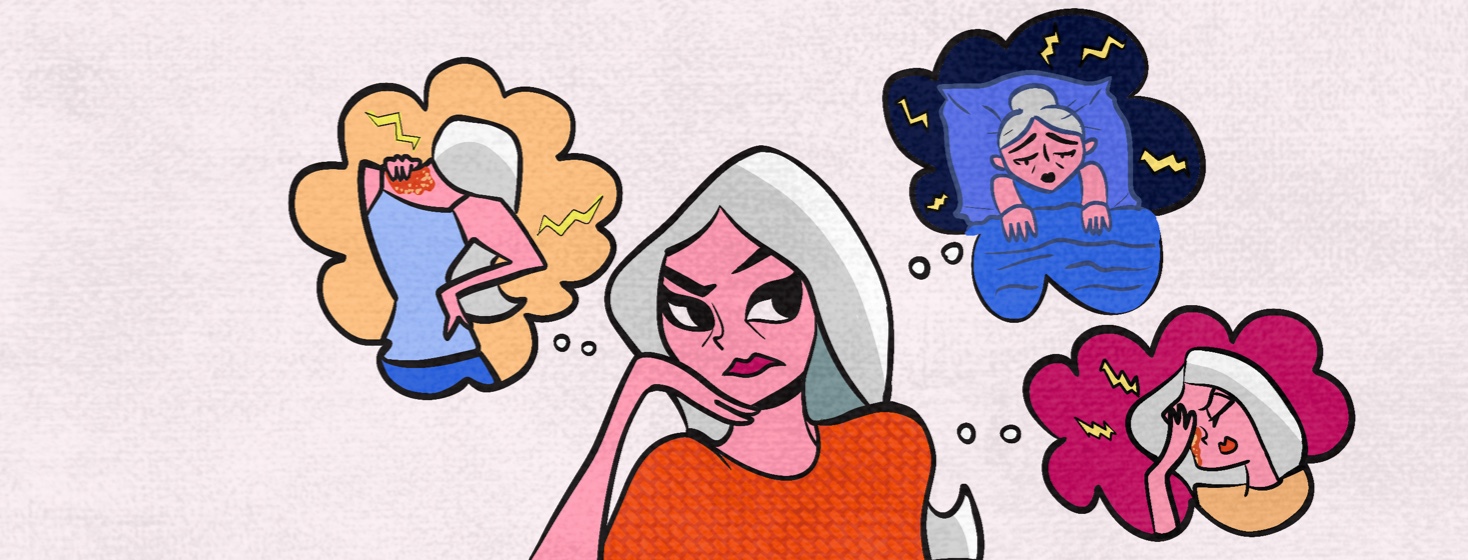Community Shares: The Painful Reality of Shingles
We asked our community of patient leaders to share about their shingles experiences. What topped the list of challenges when dealing with a shingles infection? PAIN!
It’s no surprise that the painful rash that comes with shingles is memorable even years later. Some people even had long-term complications such as nerve pain.
Shingles pain is difficult to manage
One thing is clear from our community members’ answers – the pain from shingles can be intense.
“I had it on my scalp. It was a challenge to sleep, as it was painful to rest my head, even on the softest pillow,” said a patient leader who is a cancer survivor and lives with heart disease and other health conditions.
“Debilitating, nonstop pain is the hardest thing to manage. Severe pain during the acute infection and afterward, ongoing for over a decade,” shared a patient leader who lives with multiple pain syndromes and lymphoma.
“Shingles is no joke – it's not just a rash; it's a painful, burning plane of pustules that cover the affected area. For me it was the left side of my face and my ear,” explained a patient leader who has lupus.
Complications from shingles can linger
While most signs and symptoms of shingles will resolve in a few weeks, some people experience complications that can last quite a while. The most common long-term complication our community discussed was postherpetic neuralgia, a lasting pain caused by damage to the nerve fibers where the shingles outbreak occurred.1,2“I still get some nerve pain in my back on occasion. I have a scar on my side from my first bout with shingles,” said a patient leader who lives with lupus and asthma.
“I still experience postherpetic neuralgia, which is burning and sharp pain around the area the shingles were. Mine were on the left side of my ribs and wrapped around to my back, so I still have burning, aching, and sharp pains in that area. It has been 3–4 years since I had shingles,” shared a patient leader diagnosed with psoriatic arthritis and rheumatoid arthritis.
One patient leader even still has “a spot on [her] back that still itches years later.”
Luckily, some community members did not have any aftereffects from their bout of shingles.
“I have had shingles multiple times over the years. I get flares with high stress, but I don't think I have had lasting, long-term side effects after the outbreak clears up.”“I didn't have any long-term side effects that I am aware of.”
What they wish others knew about shingles
When you live with chronic health conditions, it’s important to understand your risk of being diagnosed with another condition or an infection. We asked our patient leaders what they wish other people knew about shingles.
“I would say talk to your HCP about shingles and see if there is a way to know how much you're at risk of getting shingles.”“See a doctor quickly if you suspect you may have shingles.”“I would want others to know that they may be at an increased risk for shingles due to being immunocompromised. I was unaware of this when I first started taking immunosuppressants.”
Tell us about your experience
Have you ever had shingles? What was the most challenging part? Share with us in the comments below.

Join the conversation